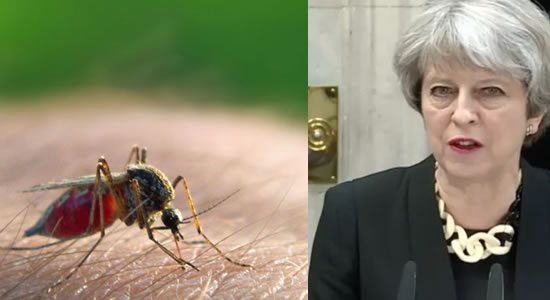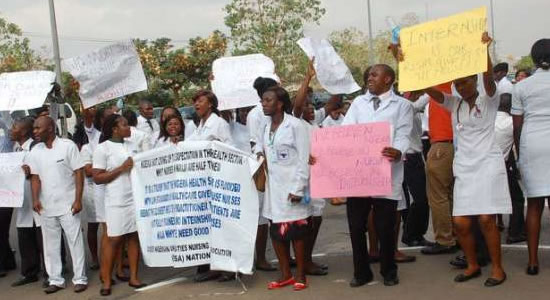UK Commits £50m To Malaria Eradication Programme In Nigeria
The UK says it will announce a new malaria programme worth £50 million in Nigeria that will run until 2024. The UK said it would also provide a £9.2 million of new research funds to develop new triple artemisinin combination treatments. A statement issued by Ready to Beat Malaria, an NGO, said the UK Government had re-affirmed its commitment to spend £500 million a year on malaria through to 2020-21.













